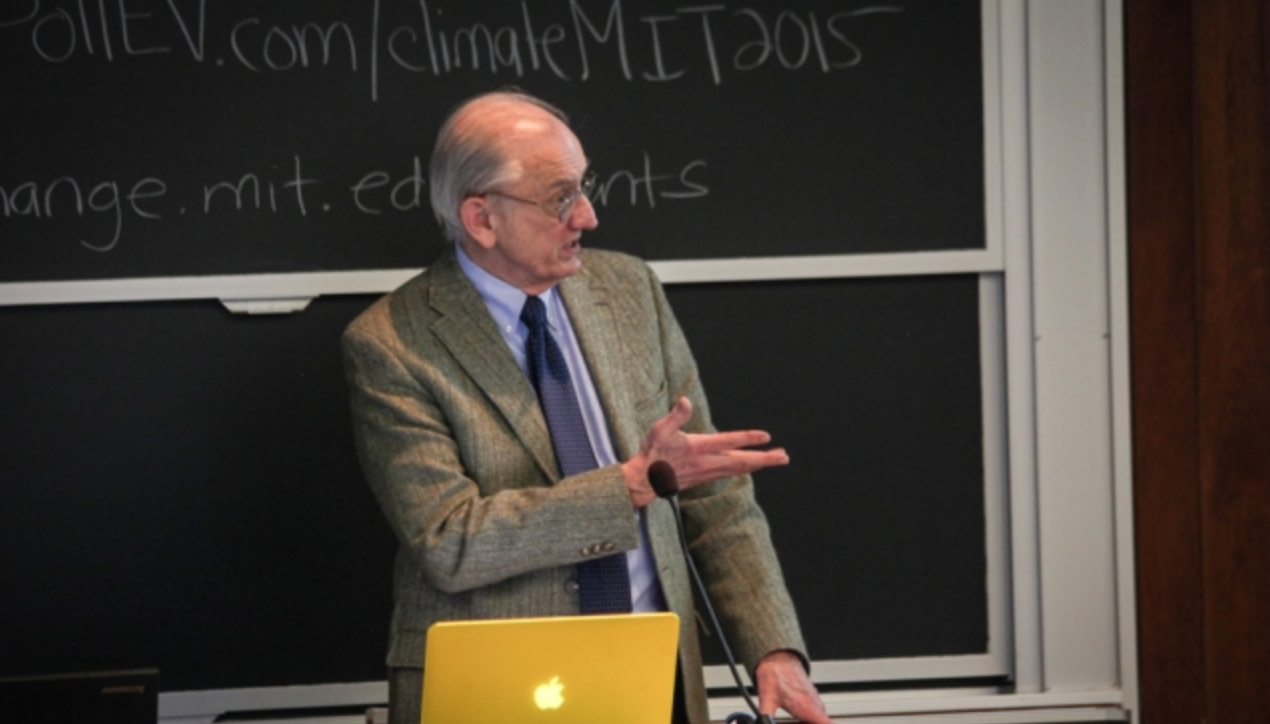Photo: Henry “Jake” Jacoby.
After more than 18 months of fits and starts, failed proposals and increasing acrimony, a newly-appointed working group made up of heavyweight experts created by the Board of Selectmen to craft a new solar power policy for Belmont, will kickoff its efforts Monday.
Yet even before the Temporary Net Metering Working Advisory Group is gaveled into existence tonight, July 6, at 7:30 p.m. at Town Hall, solar power advocates have called into question the group’s make up and preserved views, even hinting to the Selectmen (which also makes up the Light Board that will vote on any new subsidies) to set aside any new policy in favor of its own tariffs.
“Once the Working Advisory Group delivers its recommendation, there is no reason to believe that it puts an end to the discussion,” Vera Iskandarian of Waverley Street commented to an article in the Belmontonian.
Yet Sami Baghdady, chair of the Selectmen and Light Board, said last month the group members were “independent” and “balance” and would provide much needed guidance to the Board and public on examining technical aspects to create a right-sized pricing schedule for residential solar panel electricity production.
Under its current guidelines, the working group has a mid-August deadline to present recommendations to the Light Board.
The working group’s three voting members include:
- Henry “Jake” Jacoby, the William F. Pounds Professor of Management, Emeritus at MIT Sloan School, a leading expert on national climate policies and the structure of the international climate regime who Baghdady called “a big policy person and someone with a big-picture view” on the subject.
- Stephen Klionsky, an attorney with Northeast Utilities, and an alternate member of the Municipal Light Board Advisory Committee. Klionsky has a law degree from New York University and a Masters in Planning and Public Policy from Harvard.
- Roy Epstein, a long-serving member of the town’s Warrant Committee who is an economic consultant (PhD from Yale) and an adjunct professor of Finance at Boston College’s Carroll School of Management .
- Attending the meetings as associate members will be Tony Barnes and Robert Gallant.
The group will attempt to develop a policy which will “promote solar” in a “responsible” way, according to Baghdady.
But solar advocates have criticizes the working group’s members for appearing in past writings to lean towards a less progressive price structure for solar owners.
Many advocates are pushing a proposal they said was evaluated by a research firm for its fairness to non-solar ratepayers. Further delays will only promote further uncertainty among solar panel installers who have effectually abandoned the town.
Approximately 20 Belmont households and a pair of commercial sites have solar panels supplying electrical power for their homes and businesses and gives excess energy back to Belmont Light.
Solar power advocates believe recently proposed tariffs which required a higher level of payment from solar owners for infrastructure upkeep while providing lower overall payment for energy they produce has stifled the growth of solar in Belmont compared to the level of activity in neighboring communities.
Those calling for a less progressive tariff believe solar needs to pay its way without relying on excessive subsidies.








MLAB and the Light Board have not listened to citizens on this issue, now we have another group involved, none of whom have solar power! The distrust of citizens on this issue is baffling and shows poor judgement. Town officials are making this issue far more difficult than it ever needed to be. Wellsesley and Concord (both neighboring towns have their own Light Plants) have solar policies that they’re happy with, and are what probably close to what Belmont citizens would want. Benchmarking is used in other policy areas, why not for solar?
What this issue illustrates is a need to restructure the Light Advisory Board: They shouldn’t make policy (as they have with solar) but to listen to citizens, research best practices and provide a range of options for the Light Board to consider. After all this is done, hopefully Belmont can get a Light Dept. that is open and responsive to citizens.